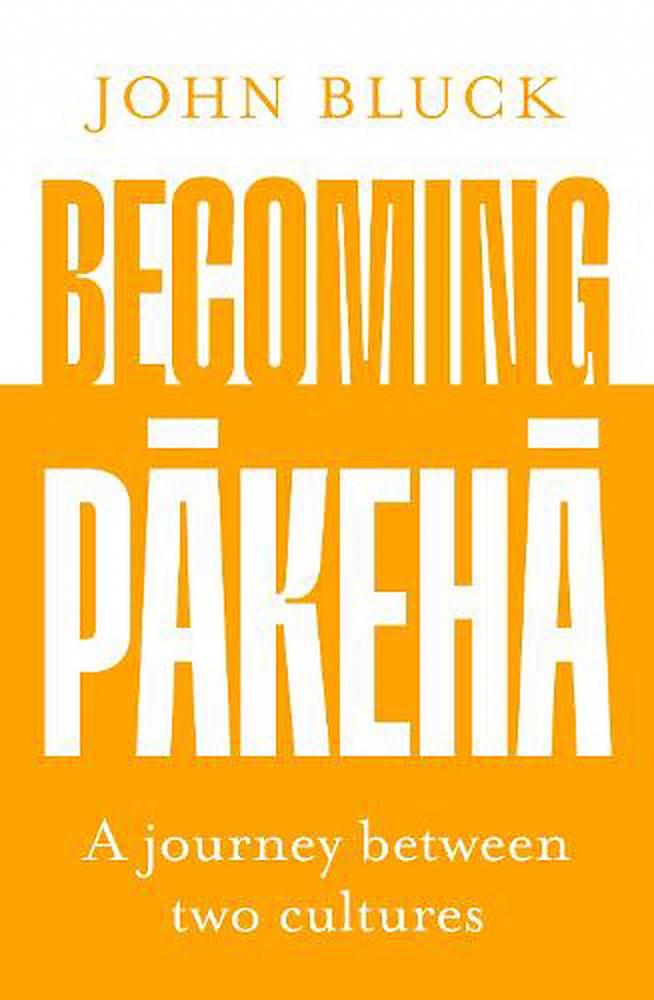
Becoming Pākehā
Brian Turner reviews latest book from John Bluck, Published by Harper Collins (2022).
The title suggests Pākehā are still evolving, but in what direction? Even if there is some improvement, for many Māori, Pākehā may already be too big a handful! However, as John explains, the discomfit is not one-sided.
For much of the book, it’s a personal story as John traverses his life’s journey from growing up in a predominantly Māori provincial population, progressing educationally and professionally to journalism and the Anglican ministry, and after other journalism work, becomes editor of the NZ Methodist Church’s “New Citizen”, a forerunner to today’s “Touchstone”.
John then becomes Director of Communications for the World Council of Churches in Geneva before returning to lecture at Knox Presbyterian Theological College in Dunedin, followed by 12 years as Dean of Canterbury’s Christ Church Cathedral and then Bishop of the Anglican Diocese of Waiapu based in Napier.
John offers many penetrating insights into being Pākehā in Aotearoa-NZ and the devastating effects Pākehā majority culture has had on Māori life and opportunity. At best he envisages us moving towards a hybrid or co-governance situation; at worst we are forging two quite different futures which may conflict.
John believes Pākehā and Māori have unfinished business in establishing a viable bicultural relationship before the country can effectively consider becoming multicultural. I personally believe it is too late to do that and we must move on to establishing a Treaty-based multicultural Aotearoa-NZ.
In the latter stages of the book, John acknowledges that non Māori who accept the validity of the Treaty of Waitangi may be better called Tangata Tiriti than anything else.
John canvasses the Treaty journey through his Anglican church but fails to mention that the New Zealand Methodist Church led the denominational field in this respect. The Anglican preference for three Tikanga (Houses), Māori, Pacific and Pākehā/Tauiwi has been criticised as not following the two parties of the Treaty. However, in multicultural Aotearoa that may not prove to be a disadvantage.
The power imbalance in wider society between Māori and all others is addressed as the need for decolonisation or the radical re-ordering of institutions so that they serve Māori interests as well as Pākehā. John earlier foreshadowed this with his emphasis on hybridisation or co-governance.
The late Moana Jackson offers an alternative definition of decolonisation as the ‘restoration of relationships as first envisioned when the Treaty of Waitangi was signed.’
‘Restoration’ also feels to me to have a stronger Gospel ring to it than co-governance or hybridisation.
Overall, the book is a good read with many aspects of impeccable research. John Bluck may now be retired but he still manages to pack a punch.
296 pages. Retails for approx $40
